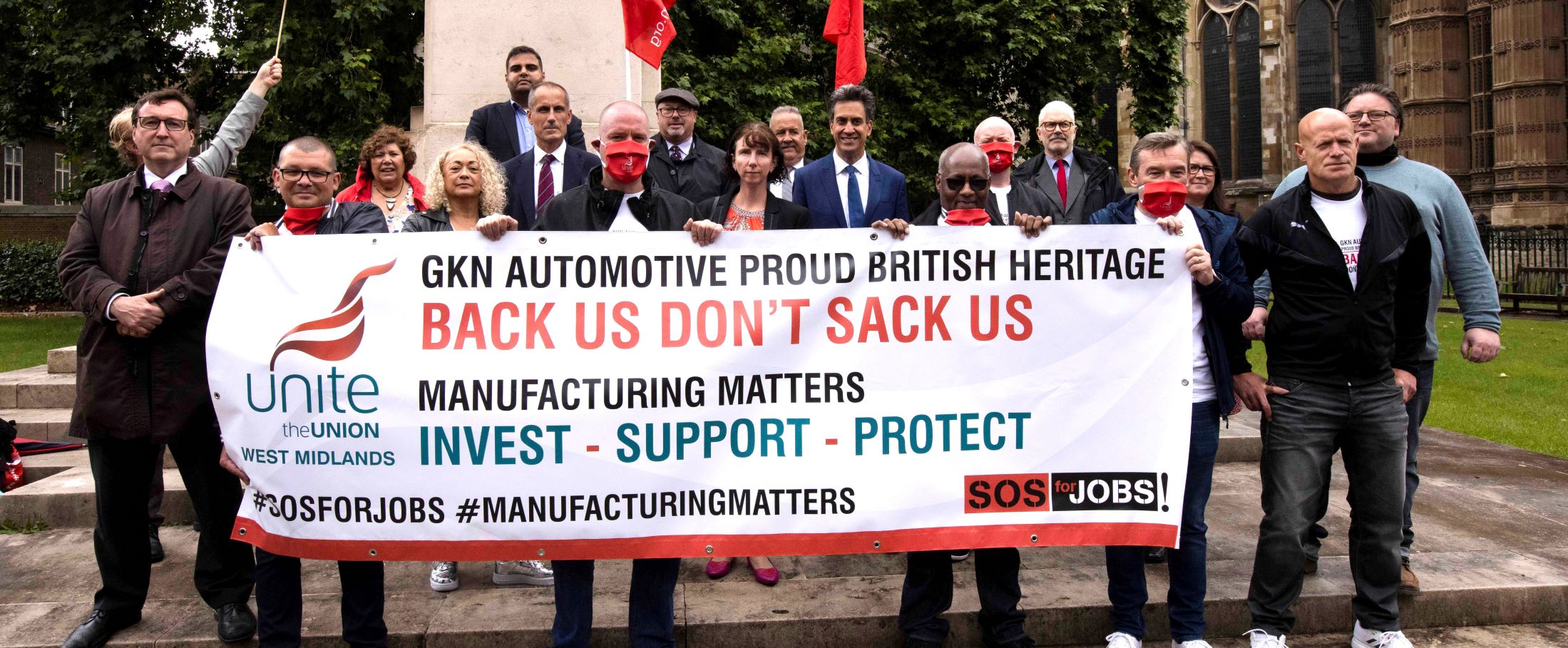Rebalanced economy hopes dashed
The makers appear to be marching away from the UK, as the latest figures on manufacturing, productivity and trade reveal any nascent economic recovery to be nothing more than a mirage.
Productivity, or output per hour – one of the most important measures gauging the health of the overall economy – recorded its biggest quarterly fall since the financial crisis of 2008, tumbling 1.2 per cent in the three months to December.
Manufacturing took a hit harder than even the experts expected – output fell by 1.1 per cent from January and was down 1.8 per cent from the year previous.
The Office of National Statistics (ONS) found that manufacturing output tumbled in an astounding 11 of the 13 sub-sectors that it analyses. Only chemicals and pharmaceuticals increased their output.
Overall industrial output, which, beyond manufacturing, also covers activities such as oil extraction and mining, also fell 0.3 per cent on the month. On the year it fell by 0.5 per cent – the biggest slowdown since August 2013.
The manufacturers’ association EEF said the latest manufacturing figures demonstrated that substantive economic growth is still far away on the horizon.
“Today’s data confirms the ongoing weakness across manufacturing with broad-based falls across more or less all the sub-sectors leading to a hefty month-on-month decline,” said EEF economist Lee Hopley.
“This points to a fairly dismal first quarter for industry that will again pose a drag on GDP growth.”
Growing trade deficit
The gap between what the UK imports and what it exports has continued to widen, too – the trade in goods deficit yawned to nearly £12bn in February, the largest gap ever for that month of the year. This figure was almost £2bn more than economists predicted.
The latest figures mean that as a proportion of GDP, the UK’s trade in goods deficit is faring worse than all G7 countries plus China.
The total trade deficit including good and services was nearly £5bn in February – the largest deficit for that month since 2008, more than £1bn worse than economists predicted.
The British Chambers of Commerce (BCC) called the growing trade gap “particularly concerning”.
“These figures reinforce our view that much more is needed to boost our export performance,” BCC economist David Kern said. “This must include a greater emphasis on helping firms to break into new and growing markets.”
The latest trade deficit figures also shine a spotlight on chancellor George Osborne’s 2012 pledge to double exports to £1 trillion by 2020. If the Office of Budget Responsibility’s (OBR) forecasts, which were revised down last month, are correct, this target will be missed by a long stretch – they predict by 2020 exports will stand at only £643bn.
Industrial strategy call
Unite assistant general secretary Tony Burke argued that the dismal manufacturing figures, combined with the latest ONS findings that crude steel production was at its lowest since 2008, are proof that a rebalanced economy would continue to be out of reach.
“With steel in the grip of an industrial crisis these figures show that the chancellor George Osborne’s â€hands free’ approach to manufacturing is dashing hopes of rebalancing the economy,” said Unite assistant general secretary Tony Burke.
“The absence of a coherent industrial strategy is exposing the UK’s manufacturing sector to the whims of global headwinds and risks hollowing out skills and jobs in a key sector of our nation’s economy,” he added.
“With steel communities across the UK facing uncertainty and tens of thousands of jobs in the supply chain hanging by a thread, we urge the government to adopt an active industrial strategy with steel at its heart.
“Now is the time for ministers to follow the example of their counterparts in countries like Germany by cherishing and supporting our manufacturing base,” Burke went on to say. “A failure to do so will lead to an ever increasing reliance on the service sector for growth and an economy built on low paid, low skilled insecure work.”
Partners in productivity
Unite general secretary Len McCluskey last year called on the government to join forces with trade unions to help turn around the UK’s stagnant productivity.
“It is time to drop the attacks on trades unions,” he said. “They certainly do not respect the sacrifices and contributions of working people during these tough years.
“The challenge to renew our economy is far too serious and requires us all to work responsibly together so if I can offer Mr Osborne one piece of advice it is that the hostility has to end – far better to regard unions and their members as partners in productivity,” he added.
McCluskey highlighted the role that austerity has played in continuing to drag down the UK economy – a point that both the OECD and the IMF have made recently, too.
“It is becoming increasingly difficult to find a serious case for austerity as an engine of growth – economist after economist is concluding that austerity is not consistent with the investment an economy needs to thrive,” McCluskey said.
“Cuts are always the problem; they can never be the solution. And so it will be with efforts to boost productivity because austerity economics always holds down investment, wages and competitiveness.”
Find out more about Unite’s strategy for manufacturing here.
 Like
Like Follow
Follow
